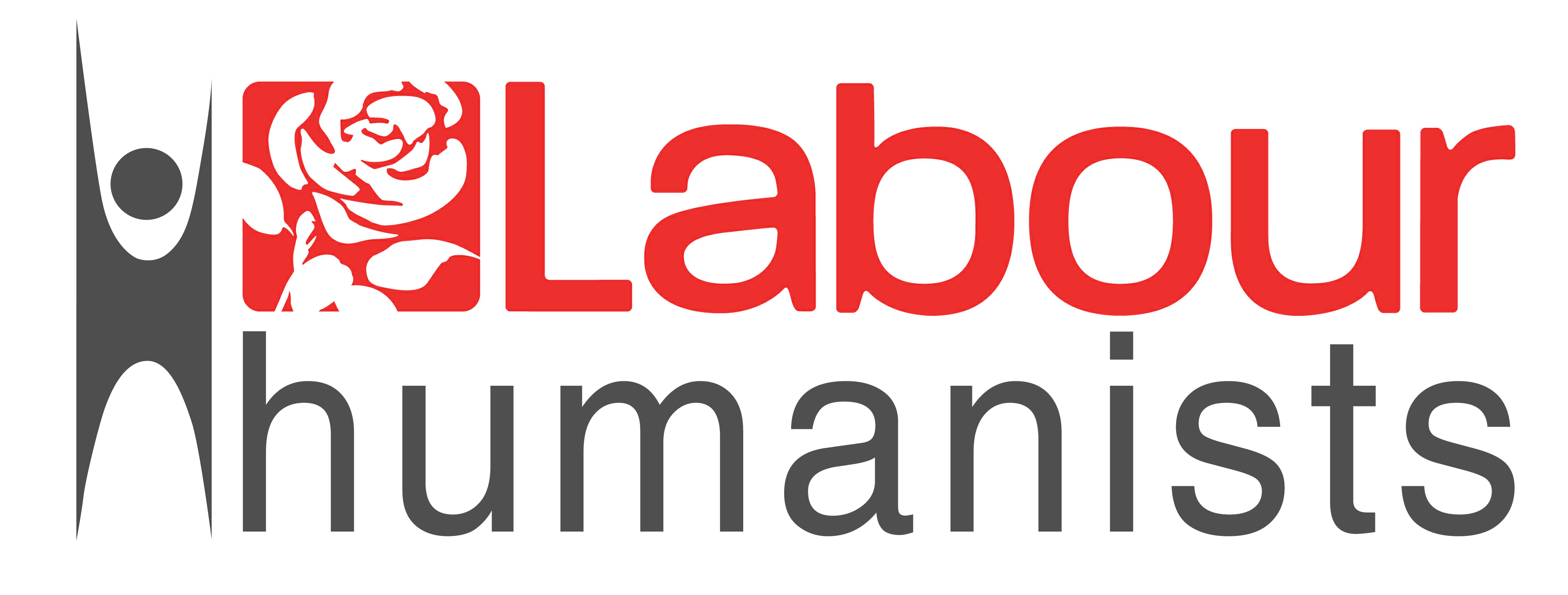18.45 – 19.45, Wednesday 30 October, Camden Town Hall, Judd Street London WC1H 9JE
Please RSVP info@labourhumanists.org.uk or via Eventbrite.
The religiously selective admissions policies used by faith schools have been under the spotlight, with a particular focus on their effect to segregate children and families by not only by religion but on socio-economic grounds. If they really are grammar schools by the back door, should Labour support them?
Can schools being allowed to discriminate against children whose parents are not of the ‘right’ religion, and those of no religion, fit with Labour values of equality, human rights and social cohesion?
Join us to discuss religiously selective admissions policies by state-funded faith schools, what a One Nation school admissions policy should look like, and if there is room in the Manifesto 2015 for a commitment to inclusive admissions.
Speakers:
London Assembly Member Chief Executive, British Humanist Association
General Secretary, Fabian Society Feminist, author and columnist
Chair:
Chair, Labour Humanists
Background reading!
We made a joint submission with London Assembly Member Tom Copley to Labour’s policy review specifically on discriminatory, selective admissions policies by faith schools – and why Labour should support inclusive admissions.
If you are a Labour member you can vote for our policy suggestion. If you are not a Labour member you can still register to leave a comment. Read more about our submissions to Labour.
Labour Humanists AGM (members only)
18.20 – 18.35, Wednesday 30 October.
Camden Town Hall, Judd Street London WC1H 9JE
‘Selective faith schools: should Labour care?’ (All welcome)
18.45 – 19.45 (please join us after for a glass of wine or a soft drink)





